Hispanic Commission on Alcohol and Drug Abuse Services - Nuestra Casa

Overview
Hispanic Commission on Alcohol and Drug Abuse Services - Nuestra Casa is a substance abuse treatment center for people seeking treatment near Fresno County. As part of their treatment modalities for recovery, Hispanic Commission on Alcohol and Drug Abuse Services - Nuestra Casa provides 12-step facilitation, group counseling, and experiential therapy during treatment. Hispanic Commission on Alcohol and Drug Abuse Services - Nuestra Casa is located in Fresno, California, accepting private health insurance for treatment.
Hispanic Commission on Alcohol and Drug Abuse Services - Nuestra Casa at a Glance
Payment Options
- Private health insurance
- Cash or self-payment
Assessments
- Comprehensive substance use assessment
Age Groups
- Adults
- Young adults
Operation
- Treatment duration
- Private non-profit organization
Highlights About Hispanic Commission on Alcohol and Drug Abuse Services - Nuestra Casa
6.56/10
With an overall rating of 6.56/10, this facility has following balanced range of services. Alcohol Rehabilitation: 8.00/10, Drug Rehab and Detox: 6.00/10, Insurance and Payments: 6.00/10, Treatment Options: 6.24/10.-
Alcohol Rehabilitation 8.00
-
Treatment Options 6.24
-
Drug Rehab and Detox 6.00
-
Insurance and Payments 6.00
Treatment At Hispanic Commission on Alcohol and Drug Abuse Services - Nuestra Casa
Treatment Conditions
- Alcoholism
- Opioid Addiction
- Substance use treatment
Care Levels
- Detoxification
- Aftercare
- Outpatient
- Hospital inpatient treatment
Treatment Modalities
- 12-step facilitation
- Group counseling
- Experiential Therapy

Additional Locations
Get Help Now
Common Questions About Hispanic Commission on Alcohol and Drug Abuse Services - Nuestra Casa
Contact Information
Other Facilities in Fresno

6.94
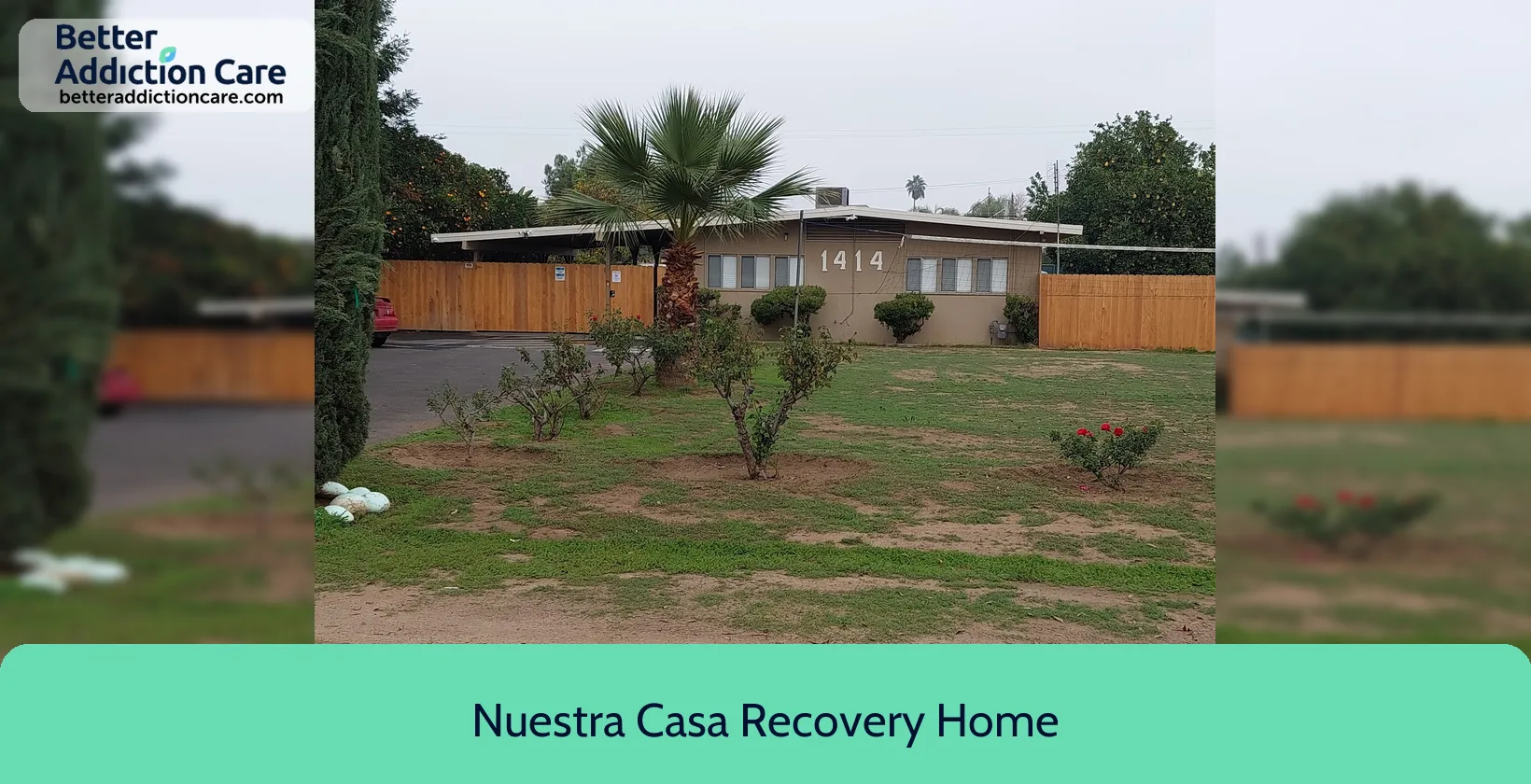
6.62
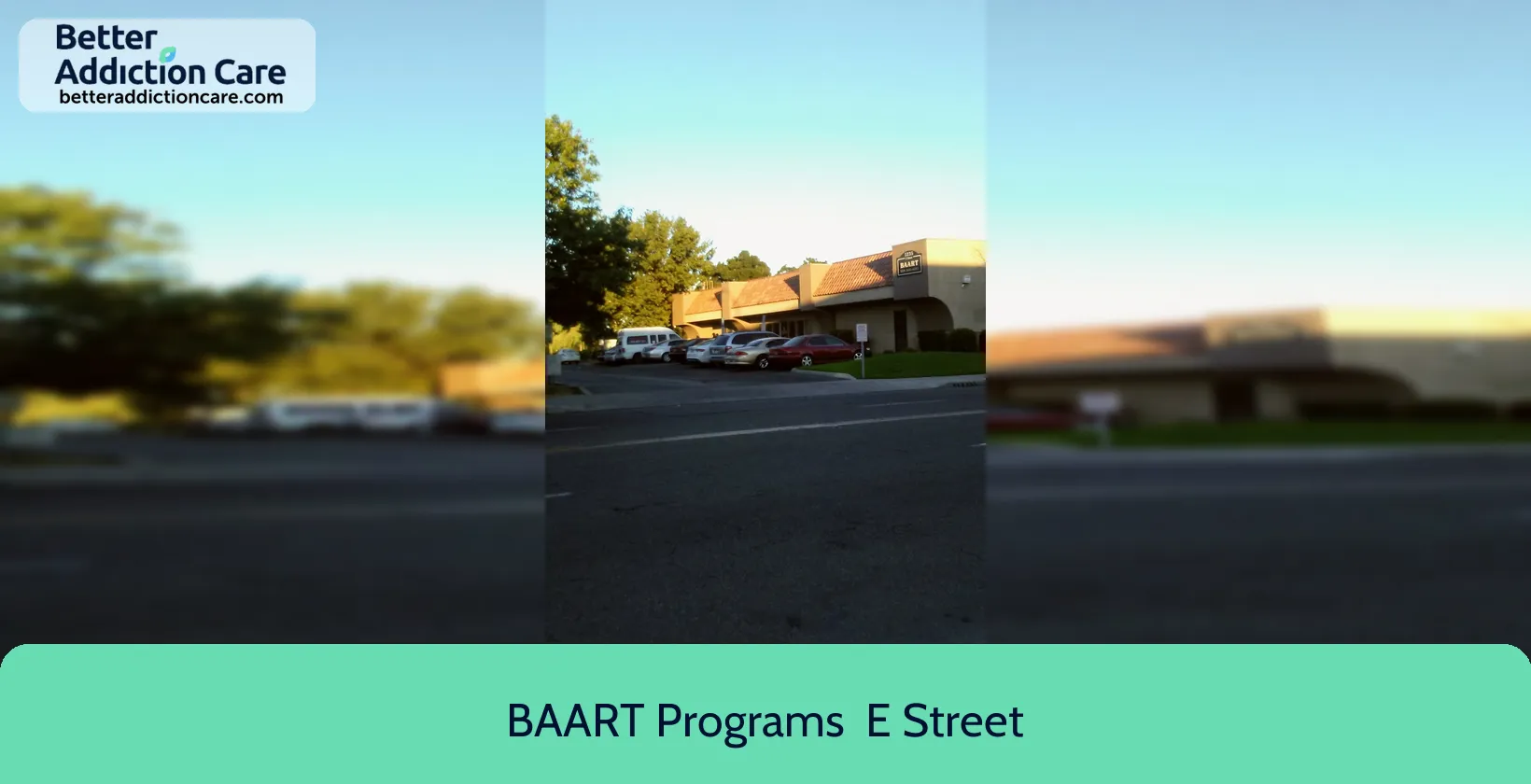
6.82

6.71
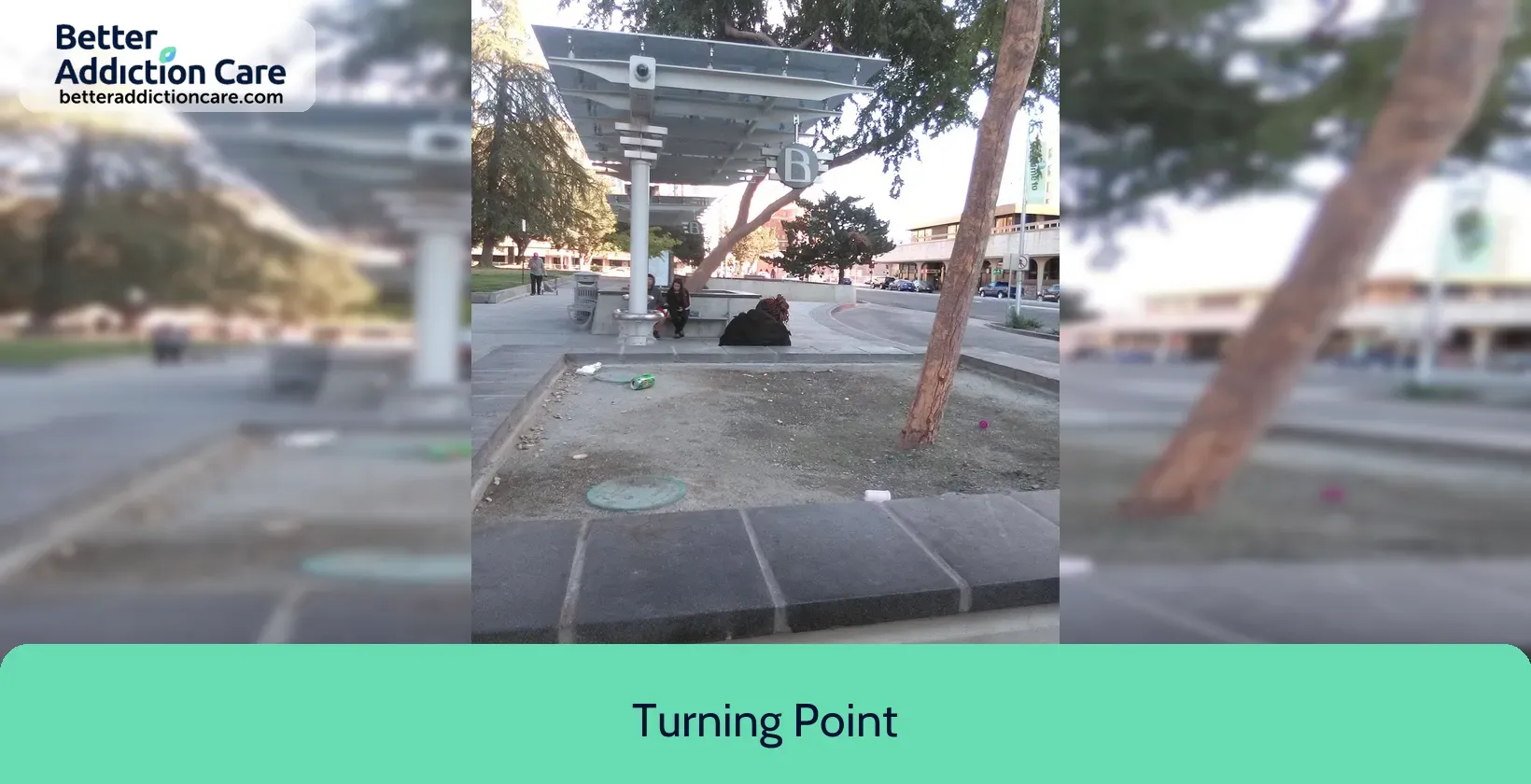
6.88
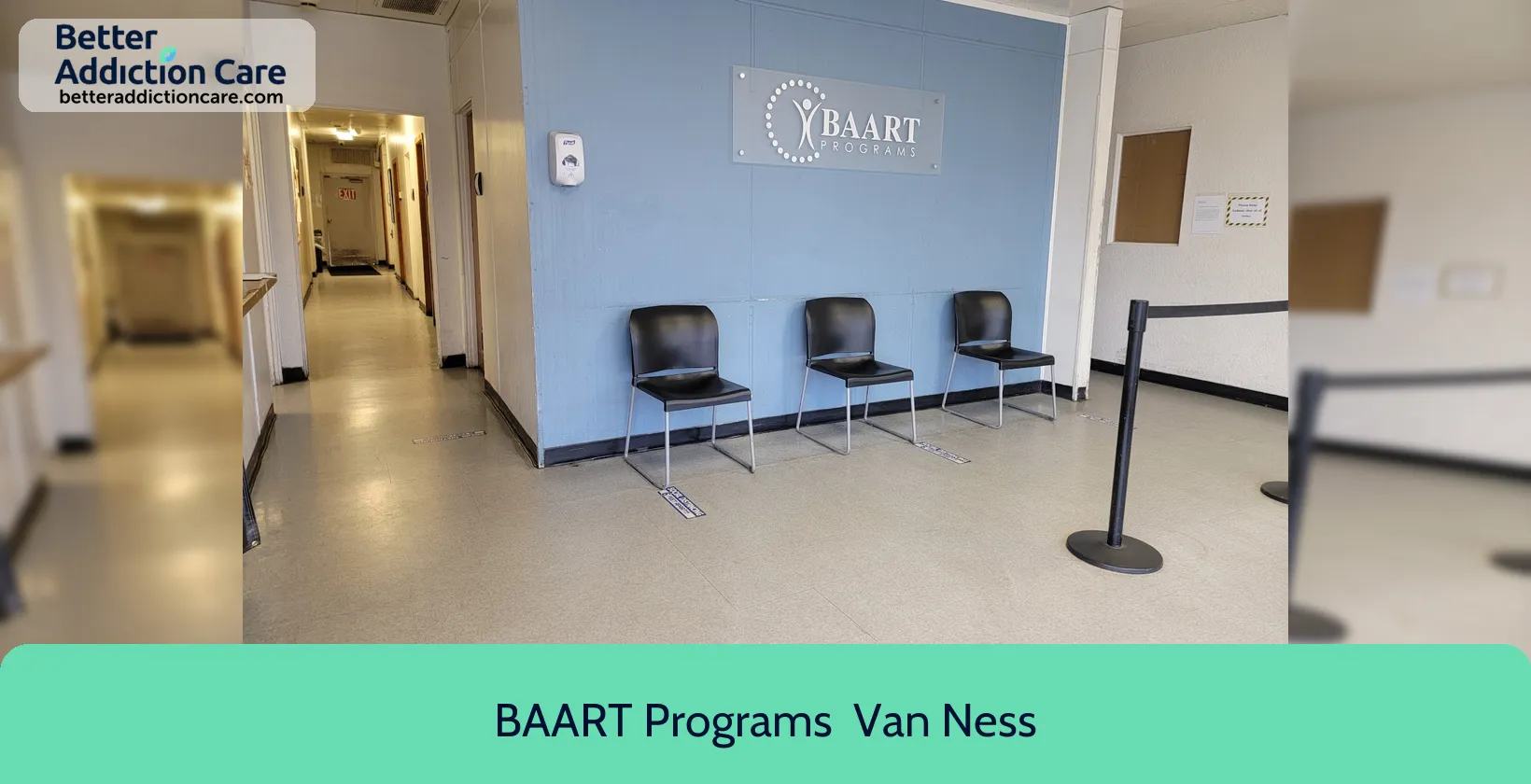
6.90
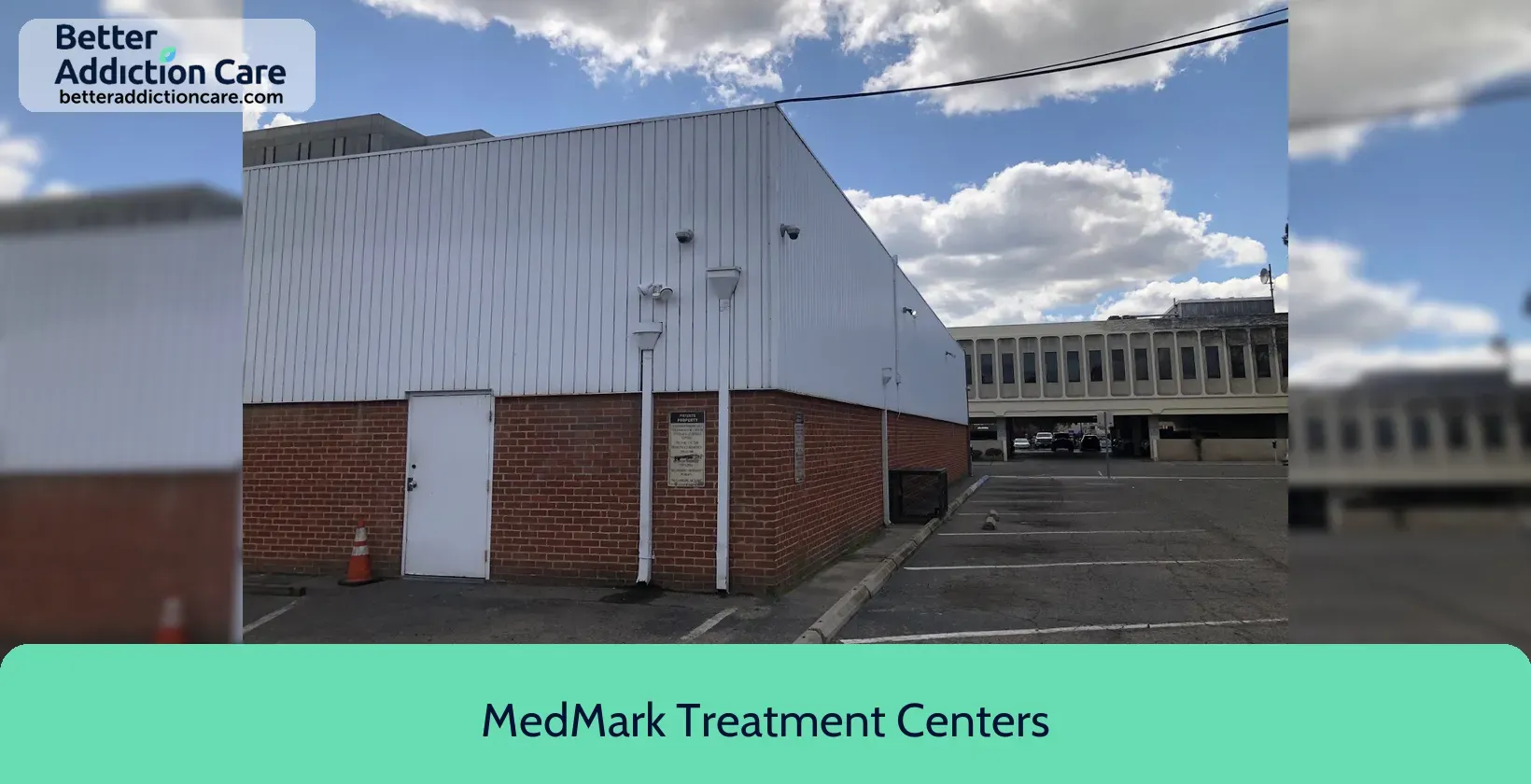
6.85
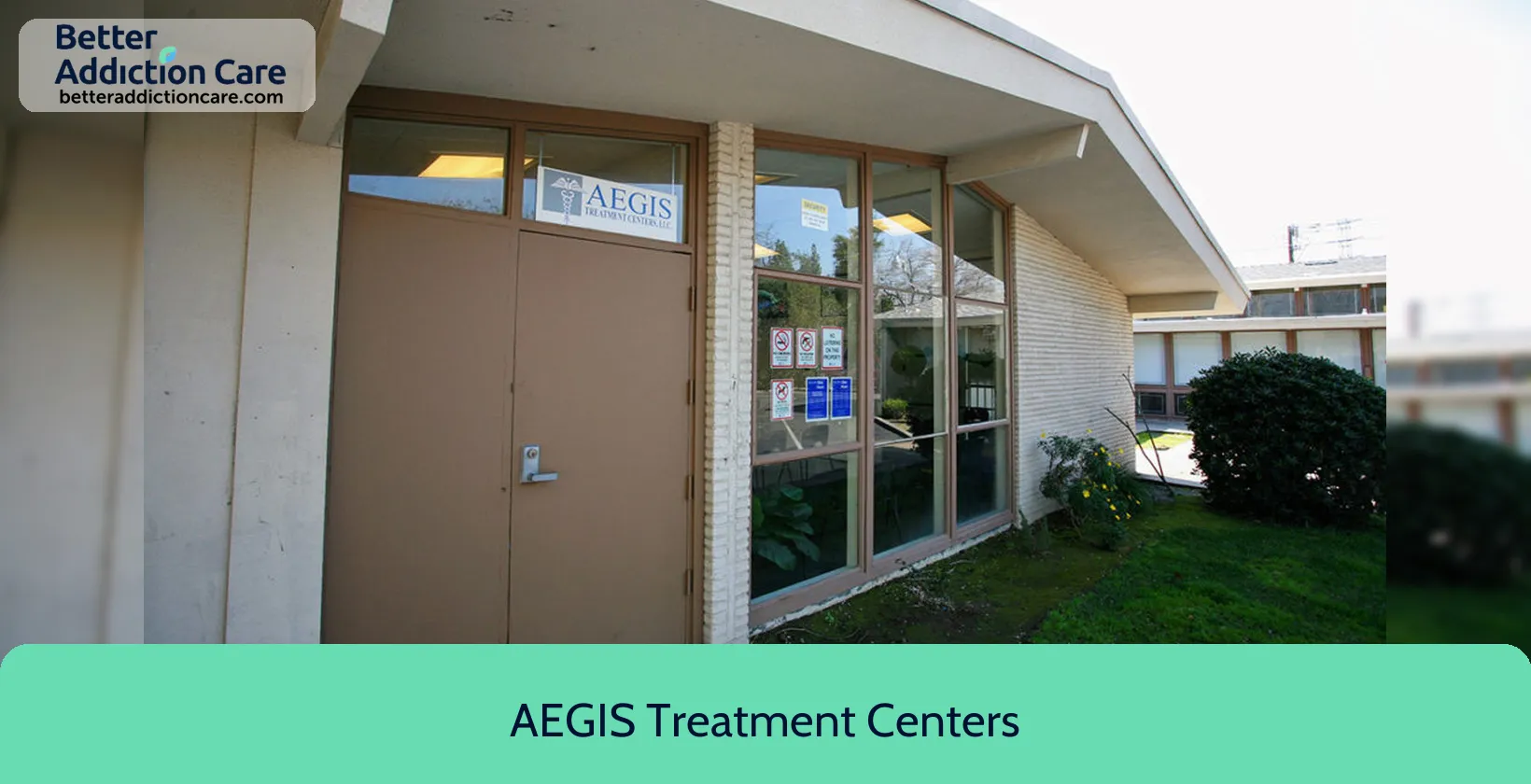
7.03
DISCLAIMER: The facility name, logo and brand are the property and registered trademarks of AEGIS Treatment Centers, and are being used for identification and informational purposes only. Use of these names, logos and brands shall not imply endorsement. BetterAddictionCare.com is not affiliated with or sponsored by AEGIS Treatment Centers.
